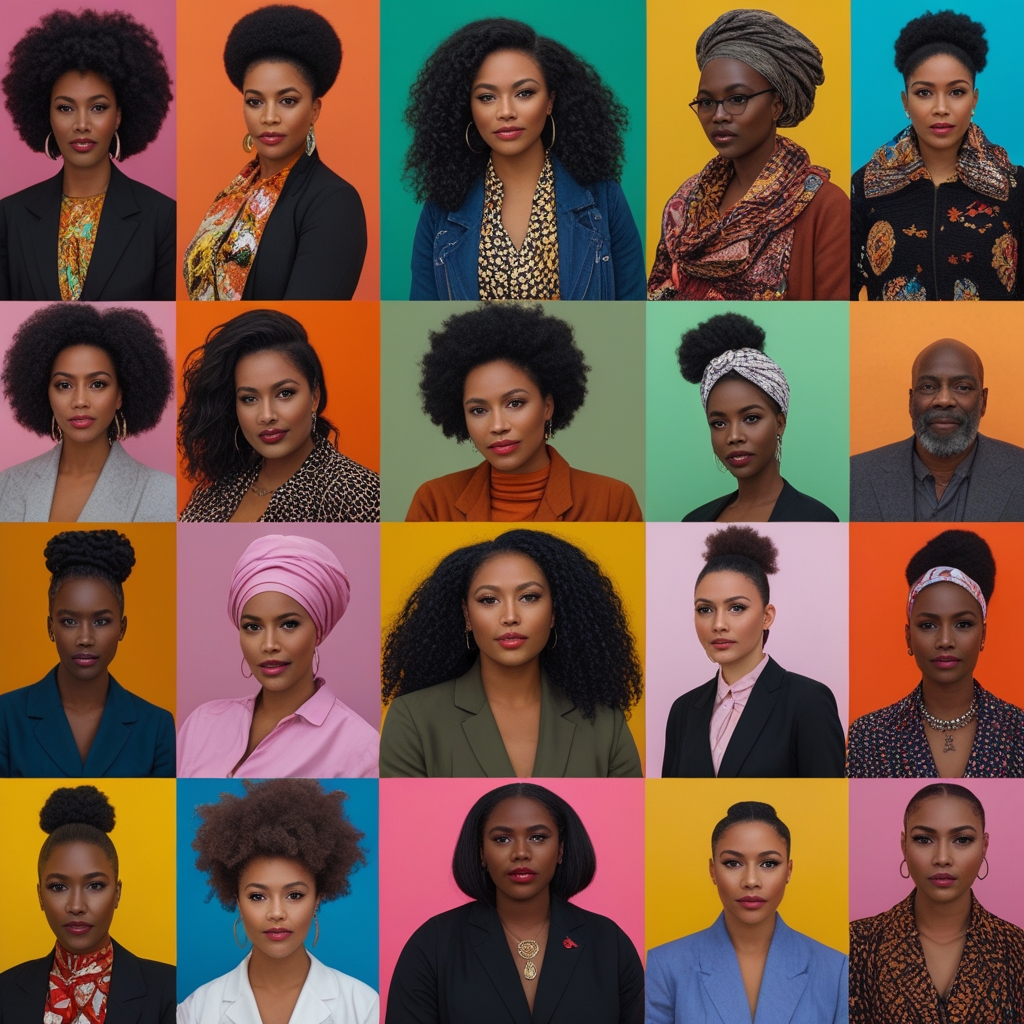
The history of Black Americans is rich and deeply intertwined with the history of the United States. Here is a brief overview:
Early History and Slavery (1619–1865)
1619: The first Africans were brought to Jamestown, Virginia, as slaves, marking the beginning of the transatlantic slave trade in the American colonies.
Over the next two centuries, millions of Africans were forcibly brought to the American colonies, primarily to work on plantations in the South, producing crops like tobacco, rice, and cotton.
Slaves were seen as property, denied basic rights, and subjected to brutal conditions. Black Americans developed strong cultural traditions, blending African heritage with American influences.
Abolition of Slavery and Reconstruction (1865–1877)
1861–1865: The Civil War was fought between the Union (Northern states) and the Confederacy (Southern states) over issues including slavery.
1863: President Abraham Lincoln issued the Emancipation Proclamation, declaring all slaves in Confederate states free.
1865: The war ended, and slavery was abolished with the passage of the 13th Amendment.
Reconstruction (1865–1877) was a period of rebuilding the South and integrating formerly enslaved people into society. During this time, Black Americans gained significant political power, with some being elected to Congress. However, this period ended with the rise of Jim Crow laws in the South, enforcing racial segregation.
The Jim Crow Era and the Civil Rights Movement (1877–1960s)
Jim Crow Laws: After Reconstruction ended, Southern states passed laws that enforced racial segregation and disenfranchised Black Americans.
The early 20th century saw the rise of organizations like the NAACP (National Association for the Advancement of Colored People), which worked to challenge these discriminatory practices.
1930s-1950s: The Great Migration saw millions of Black Americans move from the rural South to urban centers in the North and West in search of better opportunities and to escape racial violence.
Civil Rights Movement: In the 1950s and 1960s, Black Americans fought against racial inequality through peaceful protests, legal challenges, and acts of civil disobedience. Key events included:
1954: Brown v. Board of Education, the Supreme Court ruling that declared racial segregation in public schools unconstitutional.
1963: The March on Washington, where Martin Luther King Jr. delivered his famous “I Have a Dream” speech.
1964: The Civil Rights Act was passed, prohibiting discrimination based on race, color, religion, sex, or national origin.
1965: The Voting Rights Act was passed, aiming to eliminate discriminatory practices that prevented Black Americans from voting.
Post-Civil Rights Era (1970s–Present)
Black Power Movement: In the 1960s and 1970s, some Black activists, including the Black Panther Party, advocated for more radical approaches to achieving racial equality, focusing on self-defense and self-determination.
1980s-1990s: Despite significant legislative victories, Black Americans continued to face systemic racism, economic disparities, and violence. The 1990s saw the rise of influential figures like Barack Obama, who became the first Black president of the United States in 2008.
21st Century: Racial inequality remains a significant issue in the U.S. Efforts for racial justice continue through movements such as Black Lives Matter, which began in response to police violence against Black individuals.
Cultural and Societal Contributions
Black Americans have made profound contributions to all areas of American society, including art, music, literature, politics, sports, and more. Notable figures include:
W.E.B. Du Bois: A founding member of the NAACP and a leading intellectual in the struggle for civil rights.
Harriet Tubman: An escaped slave who became a leading figure in the Underground Railroad, helping other slaves escape to freedom.
Langston Hughes: A leading figure in the Harlem Renaissance, a cultural movement of the 1920s that celebrated Black culture and identity.
Rosa Parks: A pivotal figure in the Civil Rights Movement whose refusal to give up her seat on a segregated bus helped spark the Montgomery Bus Boycott.
Barack Obama: The first African American president of the United States, serving from 2009 to 2017.
Black Americans have continuously fought for equality, justice, and recognition, and their history is integral to the overall narrative of the United States.


